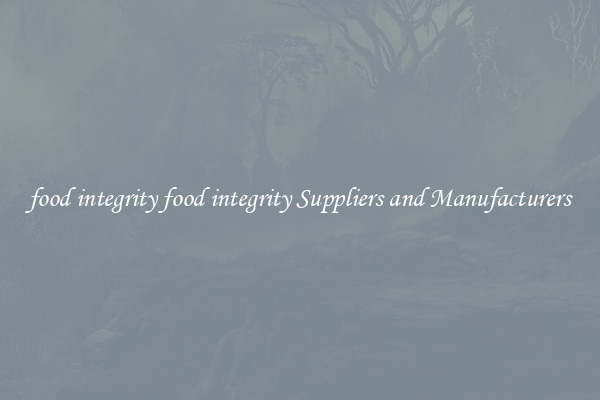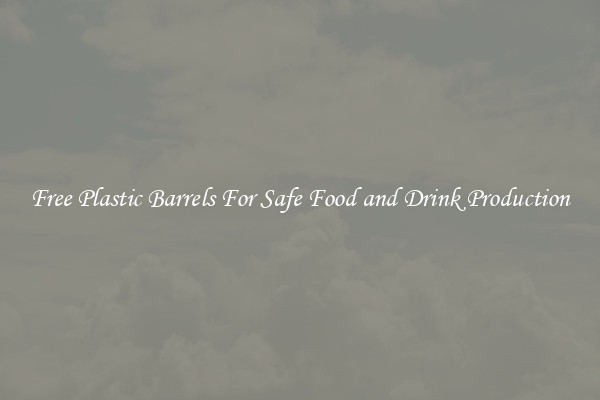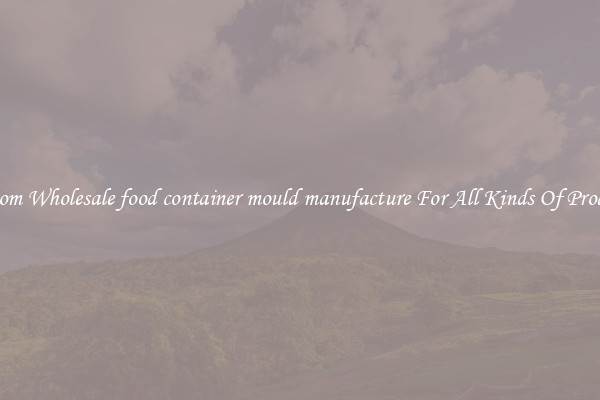food integrity food integrity Suppliers and Manufacturers
Food integrity is a concept that has gained significant importance in recent years, especially due to the increasing concerns about the quality and safety of the food we consume. It refers to the guarantee that the food we eat is safe, nutritious, and produced in a responsible and ethical manner.

Suppliers and manufacturers play a crucial role in maintaining food integrity. They are responsible for ensuring that the food they produce and distribute meets the highest standards of safety, quality, and ethical practices. This includes having robust systems in place to prevent contamination, proper labeling and packaging, and compliance with all relevant regulations.
One of the key aspects of food integrity is food safety. Suppliers and manufacturers must implement strict protocols to prevent contamination and reduce the risk of foodborne illnesses. This includes regularly testing their products for pathogens, maintaining clean and hygienic production facilities, and adhering to Good Manufacturing Practices (GMP). By doing so, they instill confidence in consumers that the food they consume is safe for consumption.
Another important aspect of food integrity is quality. Consumers expect the food they purchase to be of high quality and meet their expectations in terms of taste, texture, and appearance. Suppliers and manufacturers must ensure that their raw ingredients are of superior quality and undergo rigorous quality control checks throughout the production process. By maintaining high standards of quality, they not only meet consumer expectations but also build a reputation for themselves as a trusted provider of quality food products.
Ethical practices are also an integral part of food integrity. This includes factors such as fair trade, sustainability, and animal welfare. Consumers are becoming increasingly conscious of the ethical implications of the food they consume, and they expect suppliers and manufacturers to be transparent about their sourcing practices. This includes sourcing ingredients from suppliers that adhere to fair trade practices, minimizing environmental impact through sustainable production methods, and ensuring the humane treatment of animals throughout the production cycle.
In conclusion, food integrity is a multifaceted concept that encompasses food safety, quality, and ethical practices. Suppliers and manufacturers play a crucial role in upholding food integrity by implementing robust systems to ensure food safety, maintaining high standards of quality, and adhering to ethical practices. By doing so, they not only meet consumer expectations but also contribute to a safer, healthier, and more sustainable food system.

View details

View details

View details

View details








